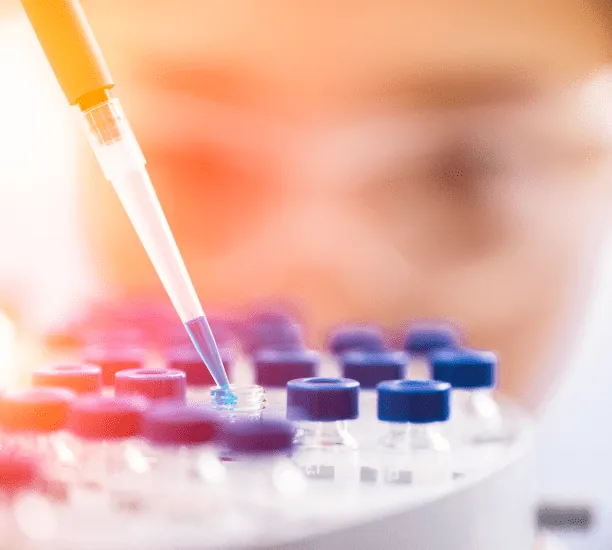Research
SMI silicone sheeting and tubing is used by researchers at universities and medical development organizations. Silicone is a sterile and flexible material with physical properties ideal for supporting research environments. View standard silicone sheeting and tubing products here.
Silicone Uses And Applications For Research Facilities
When it comes to research, your equipment and the materials used can make all the difference, that is why silicone is often the go to choice for research applications. Some advantages of silicone is that it can be easily sterilized, silicone sheeting can be cut to size or stretched, and the physical properties of silicone allow you to easily and clearly see through it. Lastly, both air and water can move through silicone to support cell growth when necessary.
SMI Research Facility Silicone Solutions
SMI can offer you a variety of customizable silicone solutions and applications including our research facility customers top picks including our matte reinforced/non-reinforced silicone sheeting, gloss silicone sheeting, firm matte silicone sheeting, class VI silicone tubing, and more!
Common research applications using silicone include silicone petri dish liners, silicone for cell growth/cell cultures, tests requiring artificial organ tissue, and research environments that require easily sterilized surfaces.

FAQ
Silicone has long been considered to be a chemically stable material that is safe for use in a variety of applications. Unlike other materials, silicones do not pose any risk of toxicity or harm to human health, making them ideal for use in food containers, cookware, and even medical devices. Furthermore, silicone is non-toxic as an element and in all its natural forms, including silica and silicates which are some of the most abundant minerals on earth.
Silicone is widely recognized as one of the most biocompatible materials available. This means that it is safe to use within the body, with food, or in combination with other medical devices and products. This is because silicone has a number of key properties that make it ideal for these kinds of applications. Unlike many types of plastics, silicone is non-toxic and will not react with the body or cause irritation. Additionally, it is resistant to bacteria and its unique elastic structure allows it to be easily molded into any desired shape. Because of these qualities, silicone is often used for medical implants, as well as for kitchen tools like utensils and bakeware. Overall, its superior biocompatibility makes it an ideal material for a wide range of applications both inside and outside the body.
Silicone is an incredibly durable material that does not break down or metabolize in the human body. This means that it stays in the body indefinitely, and can only be effectively removed through a surgical procedure.
